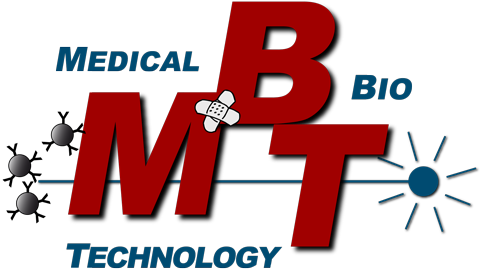Biomechanics Characterization of Soft Matter Tissues
You have an animal model, pathologic tissue samples, a biopsy, synthetic material, biomaterial, or any soft tissue you’d like to have characterized from a biomechanics perspective?
With our MyoRobot opto-biomechatronics platform, we can investigate the biomechanics characteristics of many soft tissues. Whether it is passive elasticity along a stretch axis or its contractile properties, the automated robotics system is capable of delivering reliable data. With its integrated optics system, we can also measure the diameter and calculate the resulting stress that the material exerts or experiences.
We already have substantial expertise in measuring the following tissues or biomaterials, but are certain that our platform can be adapted to most of your specimens:
- Skeletal muscle (single fibres, fibre bundles)
- Cardiac muscle (punched sections)
- Elastomeres/Polymers (e.g., electrospun collagen or natively produced spidersilk)
Many of our biomechanics protocols are specifically tailored for skeletal muscle, but most of them can be carried out on any linear material to determine its elasticity or stretch resistance. Amongst other investigations, we regularly carry out:
- Ca2+-sensitivity recordings (pCa-force curves)
- Sarcoplasmic reticulum loading & force transients (Ca2+ loading and consequent release [caffeine or low-magnesium])
- Maximum force generation (exposure to Ca2+-rich solutions)
- Passive axial elasticity/compliance & Young’s modulus (resting length-tension recordings)
- Maximum (unoaded) shortening velocities (’slack test‘)
- Viso-elasticity and adaptivity to strain (sudden stretch elongations)
If you are interested in having your study enriched with biomechanical data, you are welcome to discuss your needs with us. We are very keen on learning about your ideas and are happy to work out an individual offer/collaboration with you.
